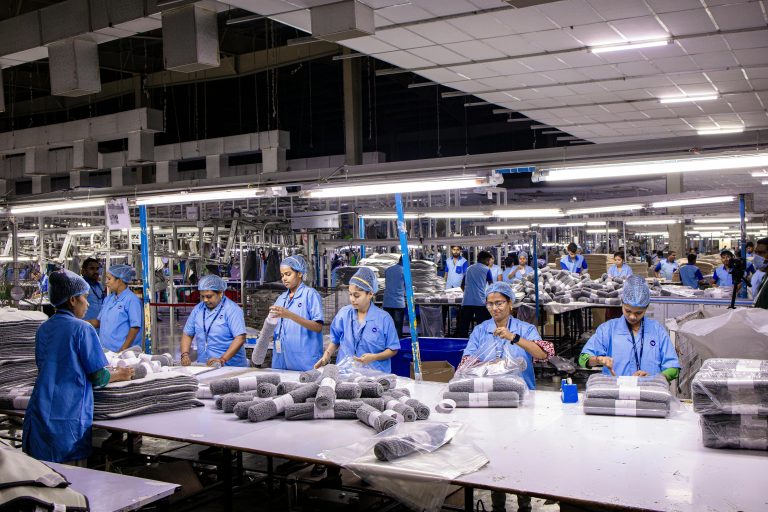Jakarta – As Indonesia moves towards energy transition and oil and gas supply independence, one fundamental element is often overlooked: the Domestic Component Level (TKDN). Not just an administrative obligation, TKDN is now considered a strategic foundation in building an independent and innovative local industry, while strengthening national energy security from upstream.
Andy Noorsaman Sommeng, an oil and gas observer and professor at the University of Indonesia’s Faculty of Engineering, argues that the energy transition is not only about replacing fossil energy sources with renewable ones, but also ensuring that the process favours domestic potential.
“If we talk about energy security, don’t forget to talk about industrial sovereignty. TKDN is not just a number report, but part of Indonesia’s big mission to build its own production, research and technology base,” Andy said in a statement in early August.
Andy highlighted that many oil and gas industry players still view TKDN as a formality. Procurement reports are prepared in such a way as to appear compliant, but in reality, local products are minimally involved.
“Imagine if all drilling needs, from valves, pipes, to software, could be fulfilled by local manufacturers and innovators. Then we would no longer be a consumptive market, but an active player in the energy industry,” he said.
Andy said that the serious implementation of TKDN can create a domestic fabrication ecosystem, research centres, technology patents, and strengthen domestic supply chains that have been dependent on foreign countries.
To ensure compliance that is not just symbolic, Andy encourages the government, especially SKK Migas and the Directorate General of Oil and Gas, to conduct investigative forensic audits of TKDN implementation.
“Not an ordinary audit. It’s a deep dive audit. Explore transactions, documents, and potential conflicts of interest. This is not just about finding fault, but ensuring that the state is not playing with its industrial sovereignty,” he said.
Suppose systemic violations are found, such as fictitious vendors or procurement data manipulation, according to him. In that case, sanctions must be firm and not delayed: project suspension, termination of cooperation, even revocation of operator rights for repeat offenders.
Serious enforcement of TKDN rules will also be a strong signal to investors that Indonesia is building a transparent energy system, has integrity, and is fair.
“Investors will have more confidence in a country that has a long-term commitment to its local industry. We want to grow together, not just be a place to invest temporarily,” said Andy.
He asserted that favouring domestic producers and engineers will be an important milestone in making energy, especially the oil and gas sector, a source of innovation, not just a source of foreign exchange.
Andy concluded that TKDN should be placed as a symbol of optimism for Indonesian industry. This country, he said, does not have to rely on foreign products forever. With factories established in the country and the brilliant brains of the nation’s children, Indonesia can become a producer of energy technology, not just a consumer.
“TKDN that is closely monitored and honestly implemented can be a stepping stone to a new era. An era when energy is not only lit up in homes, but also sparks innovation from within the country,” he concluded. (Hartatik)
Banner photo: EqualStock/Pexels.com















